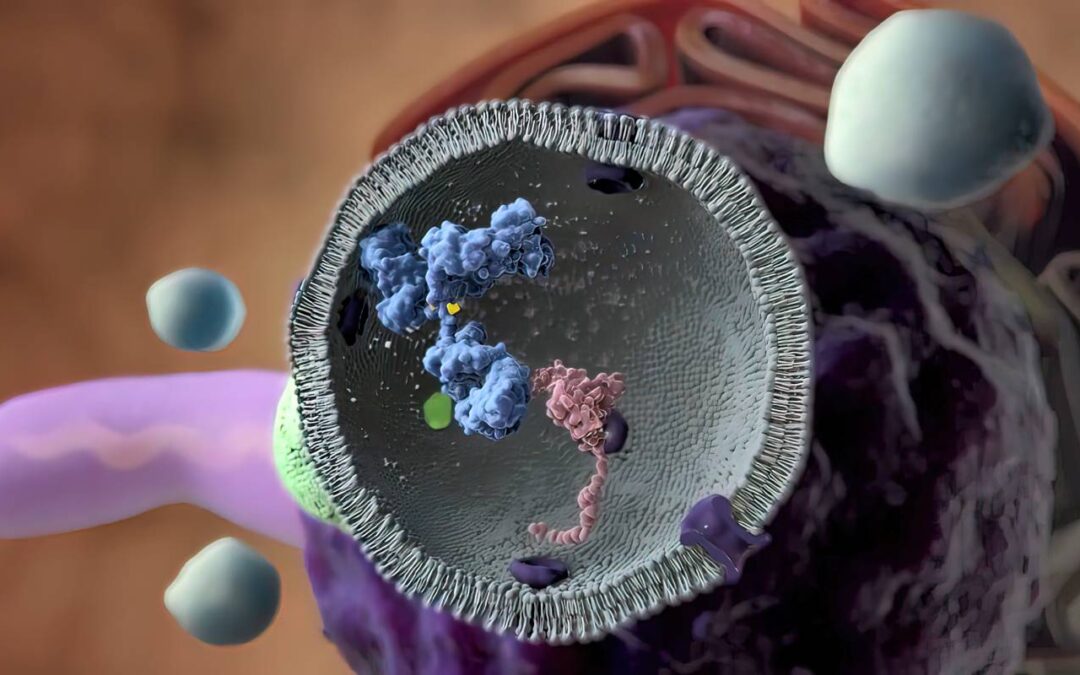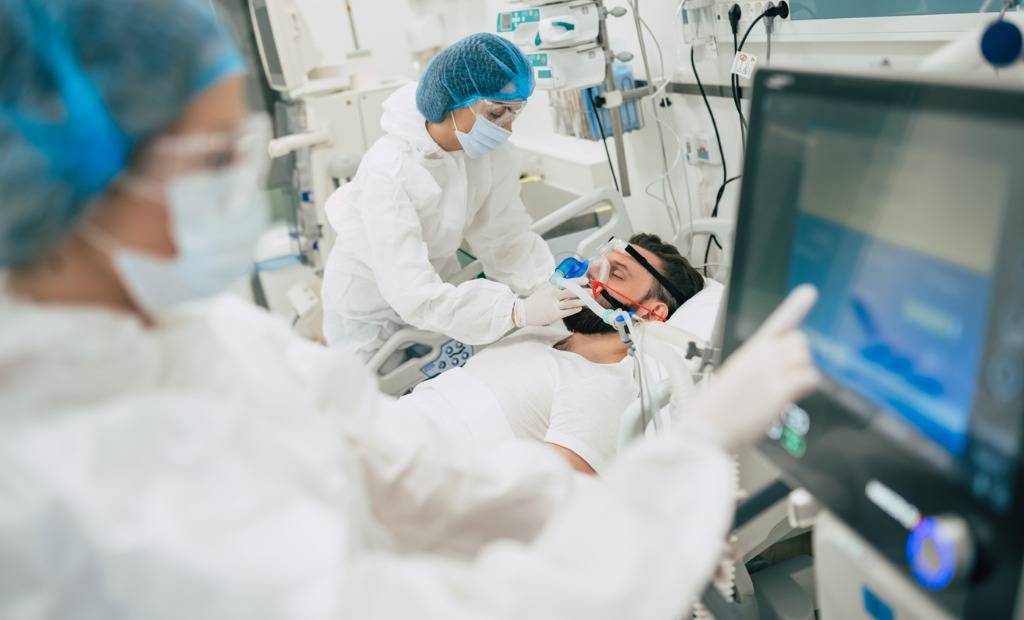


General Anesthetics on Immune System Cytokines
The immune response is the body’s biggest defense against external pathogens in the environment. However, the many mechanisms it employs may, when activated incorrectly, lead to deleterious autoimmune responses, such as tumor growth, rejection of organ...
Predicting Risk of Complications After Surgery
Postoperative complications are an important consideration for patients and the surgical team. Ranging from protracted pain, infection, and even end-organ damage, the overall complication rate may be anywhere from 10% to 60% of all operations performed worldwide [1]....
Disinformation from Medical Professionals
Throughout the COVID-19 pandemic, some healthcare and medical professionals have made deliberately false claims about COVID-19 vaccines and virus transmission, championed unconfirmed treatments and miracle cures, and disparaged public health efforts like masking and...
Management and Care for Comatose Patients
The Oxford English dictionary defines comatose as, “of or in a state of deep unconsciousness for a prolonged or indefinite period, especially as a result of severe injury or illness” [1]. Patients can become comatose for a number of different reasons, including but...






Recent Comments